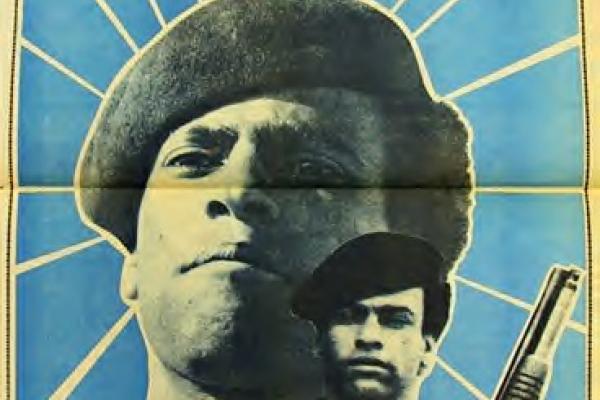
Tue, November 15, 2016
3:00 pm - 4:00 pm
Thompson Library Room 165
Dr. Curtis Austin, Associate Professor in the Department of African American and African Studies at tOSU, will present a historical overview of the Black Panther Party’s Civil Rights legacy.
The Black Panther Party (BPP), original name Black Panther Party for Self-Defense, was founded in 1966 by Huey P. Newton and Bobby Seale. The Party’s purpose was outlined, the following year, in the “Ten Point Platform and Program” which focused on decent housing, ending poverty, equal education, free healthcare, halting mass incarceration, stopping police brutality, and self-determination. By 1970, the Party had chapters in major American cities including: Berkeley, Chicago, Cleveland, Los Angeles, New Haven, New York, Peoria, Seattle, and Winston-Salem. During this time, FBI Director J. Edgar Hoover began a counter-intelligence program to “neutralize” the Black Panthers and other African American Civil Rights groups and individuals.
Professor Austin teaches graduate and undergraduate courses on the Civil Rights and Black Power Movements, the Black freedom struggle, and the history of American race relations. His book Up Against the Wall: Violence in the Making and Unmaking of the Black Panther Party won the Choice Library Journal’s Outstanding Academic Book Award. Professor Austin interviewed dozens of former members of the Black Panther Party, the Weather Underground, and the Revolutionary Action Movement.
